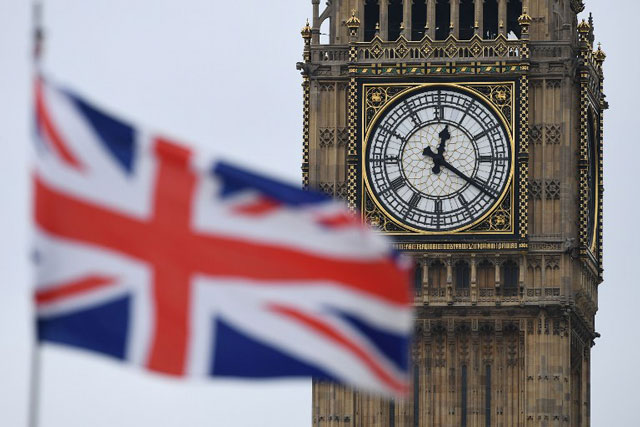
Dundalk, Ireland | AFP | In the town of Dundalk near the Irish border, locals reacted with exasperation and concern at news that the British parliament had rejected a Brexit deal with the EU.
“God knows what will happen,” said barman Gavin McCann, pulling pints at The Vinegar Man pub.
The crushing defeat raises the probability that Britain will crash out of the EU on March 29, which would have major repercussions for places like Dundalk.
The local economy here depends on the border between EU member state Ireland and the British province of Northern Ireland remaining free-flowing after Brexit.
The deal rejected by MPs guaranteed an open border with a fall-back mechanism that would have temporarily aligned Northern Ireland more closely to the EU if necessary.
But Brexit hardliners — including Northern Ireland’s Democratic Unionist Party — feared the so-called “backstop” would separate the region from mainland Britain.
“The unionists won’t let (May) have her way, it’s as simple as that,” said Willie McKeever, a local resident.
Another local, 50-year-old Maria Cartwright, said the vote meant a return to a hard border once Britain leaves.
“It’s going to be a hard border — there has to be,” she said.
– No to checkpoints –
A coastal town of 35,000, Dundalk is 6 kilometres (4 miles) south of the border and midway between Dublin and Belfast, the administrative capital of Northern Ireland.
If Britain leaves without a deal, nearby border crossings — including the main north-south motorway link on the island — could be bottlenecked.
That prospect was at the forefront of residents’ minds.
“It’s going to affect industry here — trading across the border north and south,” said McKeever.
“We don’t want to see a hard border. We don’t want to see any checkpoints up,” he said.
The checks would be more than just an inconvenience.
For residents, they are also an ominous reminder of three decades of sectarian conflict known as “The Troubles” — when republicans fought unionists and British troops over the status of Northern Ireland.
“This town has suffered very badly with bombings”, explained elderly resident Jan Van Dessel.
The conflict ended when the border was rendered invisible by the 1998 Good Friday Agreement.
“I lived through that and I saw both sides of it,” said Cartwright, speaking on Dundalk’s main drag.
“It was an absolute nightmare,” she recounted — lamenting that Irish border communities were being “sucked into” the morass of British factional politics.
 The Independent Uganda: You get the Truth we Pay the Price
The Independent Uganda: You get the Truth we Pay the Price





